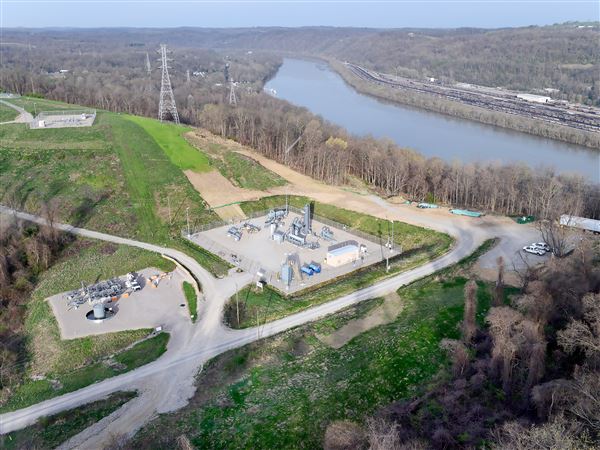Allegheny County Councilman Dan Grzybek is leading efforts to place term limits on himself and his colleagues — along with other row offices in the county courthouse on Grant Street.
Mr. Grzybek, along with Council members Anita Prizio, David Bonaroti and Suzanne Filiaggi, are scheduled to introduce a bill at Tuesday’s council meeting that would place a ballot question asking county voters whether they want term limits for individually elected officials in Allegheny County government.
Currently, the county charter places a term limit of three consecutive four-year terms on just the county executive. Mr. Grzybek’s proposal, if approved by council, would place a question on the November ballot asking county voters if they want the executive, County Council, controller, treasurer, district attorney and sheriff to all have limits of three terms.
The proposal also would eliminate a loophole. The charter currently states the executive can only serve three consecutive terms — meaning that, in theory, the person could take a break after serving 12 years, and then return to the office.
Some county elected officials have been in office for decades. District Attorney Stephen A. Zappala Jr. has been in office since the late 1990s. Former Treasurer John Weinstein, who came in second in the Democratic primary to county Executive Sara Innamorato in 2023, spent a quarter-century in that office.
County Councilman Bob Macey first was appointed by council to his seat in 2006. Councilman Nicholas Futules was first elected in 2007.
Joseph Sabino Mistick, a Duquesne University law professor and former chief of staff to Pittsburgh Mayor Sophie Masloff, was involved in discussions around the county charter, which places the current term limit on the executive. Former county Executive Rich Fitzgerald is the only executive so far in Allegheny County history to have been term-limited out of office, after 12 years.
In part, the charter ended up in its current form regarding term limits because executives have much more power than the council, or legislative branch of county government, Mr. Mistick said. And the roles of each branch are different, he said.
“Legislators are always supposed to be taking the long view, the legislative side of government is a much slower process,” Mr. Mistick said. “And in many ways, it is intended to be more deliberate, because they’re not required to make snap judgements.”
In Pittsburgh, the largest municipality in the county, there are no term limits on the mayor or City Council. There are no term limits on representatives or senators, whether in the statehouse in Harrisburg or in Congress in Washington, D.C.
Mr. Mistick said that even without term limits, winning re-election can be a difficult endeavor for incumbents — and that, ultimately, the power still lies with voters at the ballot box.
“Even [legislators] whom I might disagree on a regular basis, if they keep getting re-elected, I assume they’re doing something right from the view of their constituents,” he said. “And that’s whose opinion counts.”
County Council is scheduled to meet at 5 p.m. Tuesday in the Gold Room of the county courthouse, where the legislation is expected to be introduced.
First Published: March 25, 2025, 8:00 a.m.
Updated: March 26, 2025, 2:43 p.m.

















